Vector Borne Diseases
What you need to know in Windsor, CT!
Spiders
A spider is considered a pest. Its bite or sting causes painful swelling, itching, skin blistering. It may cause an allergic reaction which may require a hospital visit. Spiders are not considered a source that transmits infection.
Black Widow Spider
Signs and symptoms of a black widow spider bite may include:
- Pain and swelling. You may have pain and swelling around the bite, which can spread into your belly, back or chest.
- Cramping. You may have severe stomach cramps, which are sometimes mistaken for appendicitis or a ruptured appendix.
- Sweating. You may experience chills, nausea or sweating.
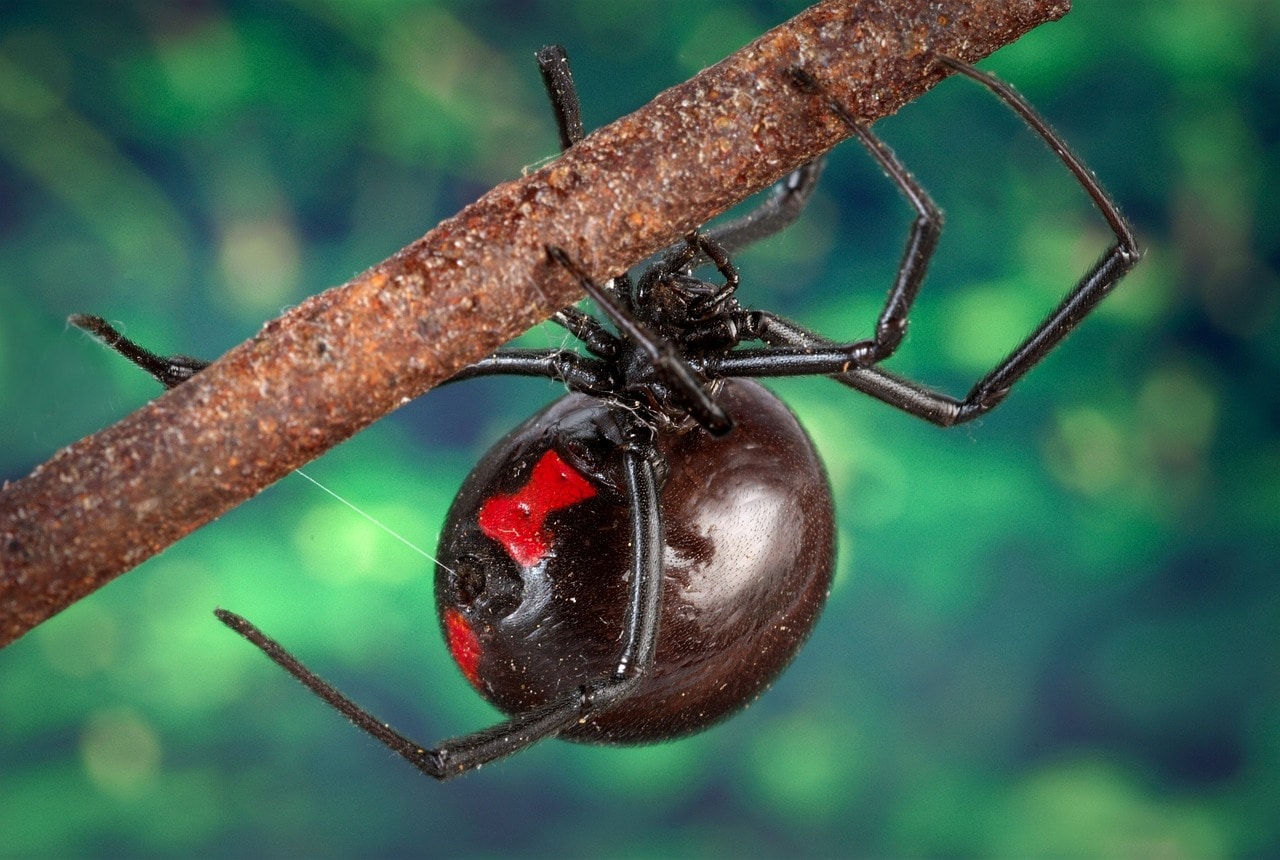
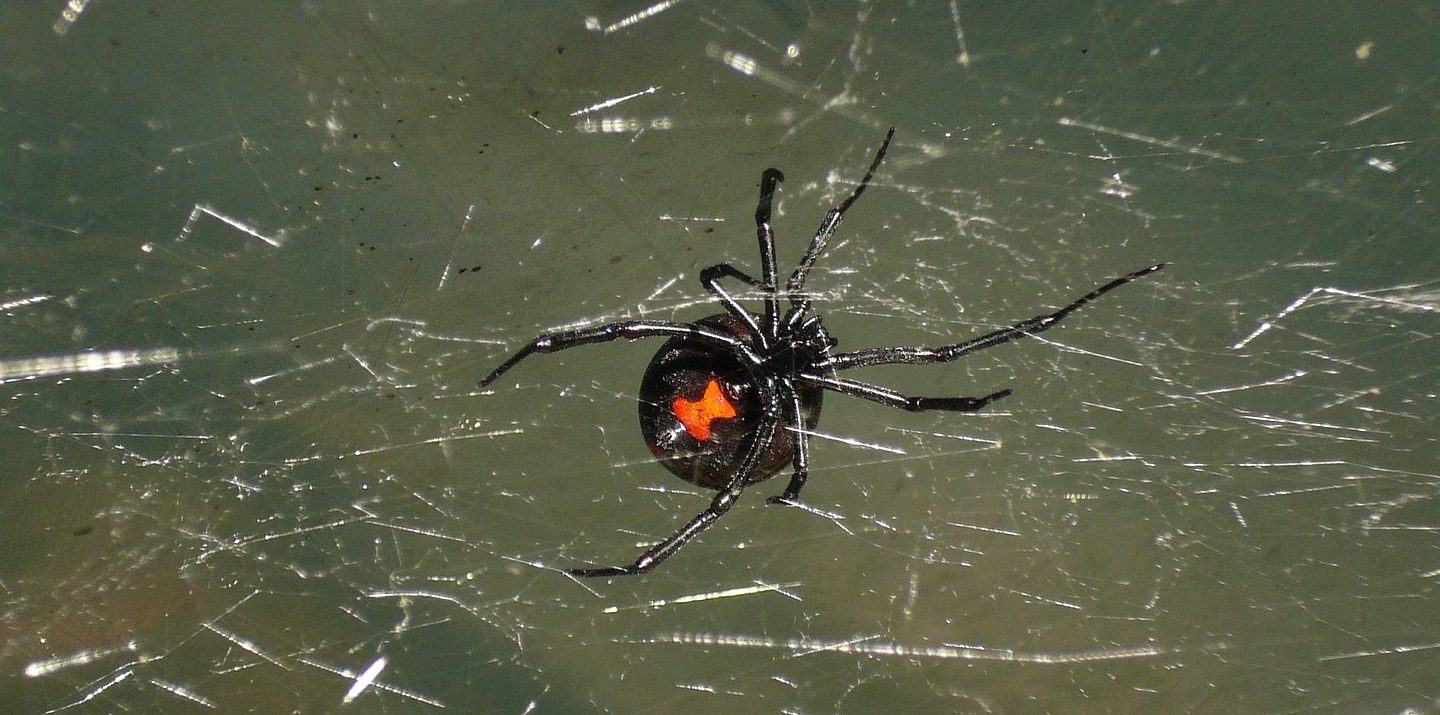
Mosquitos
Eastern Equine Encephalitis Virus
Eastern Equine Encephalitis (EEEV or Triple E) is a virus transmitted by infected mosquitos. Only a few cases are reported in the United States each year and most occur in eastern or Gulf Coast States. There were 4 of 38 total cases reported in Connecticut in 2019.
The incubation period for Eastern equine encephalitis virus (EEEV) disease ranges from 4 to 10 days. It can result in a systemic febrile illness or neurologic disease. The type of illness will depend on the age of the person and other host factors. Some people who become infected with EEEV may be asymptomatic (will not develop any symptoms).
Symptoms of systemic infection include:
- fever
- arthralgia
- chills
- myalgia
- malaise
The illness lasts 1 to 2 weeks, and most people recover completely when there is no central nervous system involvement.
Signs and symptoms of central nervous system involvement include:
- fever
- seizures
- headache
- behavioral changes
- vomiting
- drowsiness
- diarrhea
- coma
In infants, neurologic disease often occurs soon after onset; in older children and adults, encephalitis may occur after several days of systemic illness. Approximately a third of all people with encephalitis due to EEEV infection die. Death usually occurs 2 to 10 days after onset of symptoms but can occur much later. Of those who recover, many are left with physical or mental sequelae, and require long-term supportive care
West Nile Virus
West Nile virus is most commonly transmitted by the bite of a mosquito. Symptoms include:
- Fever
- Skin rash
- Headache
- Swollen lymph nodes
- Body aches
Most people infected with West Nile virus will not have any symptoms. About 1 in 5 people who are infected will develop symptoms. Less than 1% of those infected develop a serious, sometimes fatal, neurologic illness
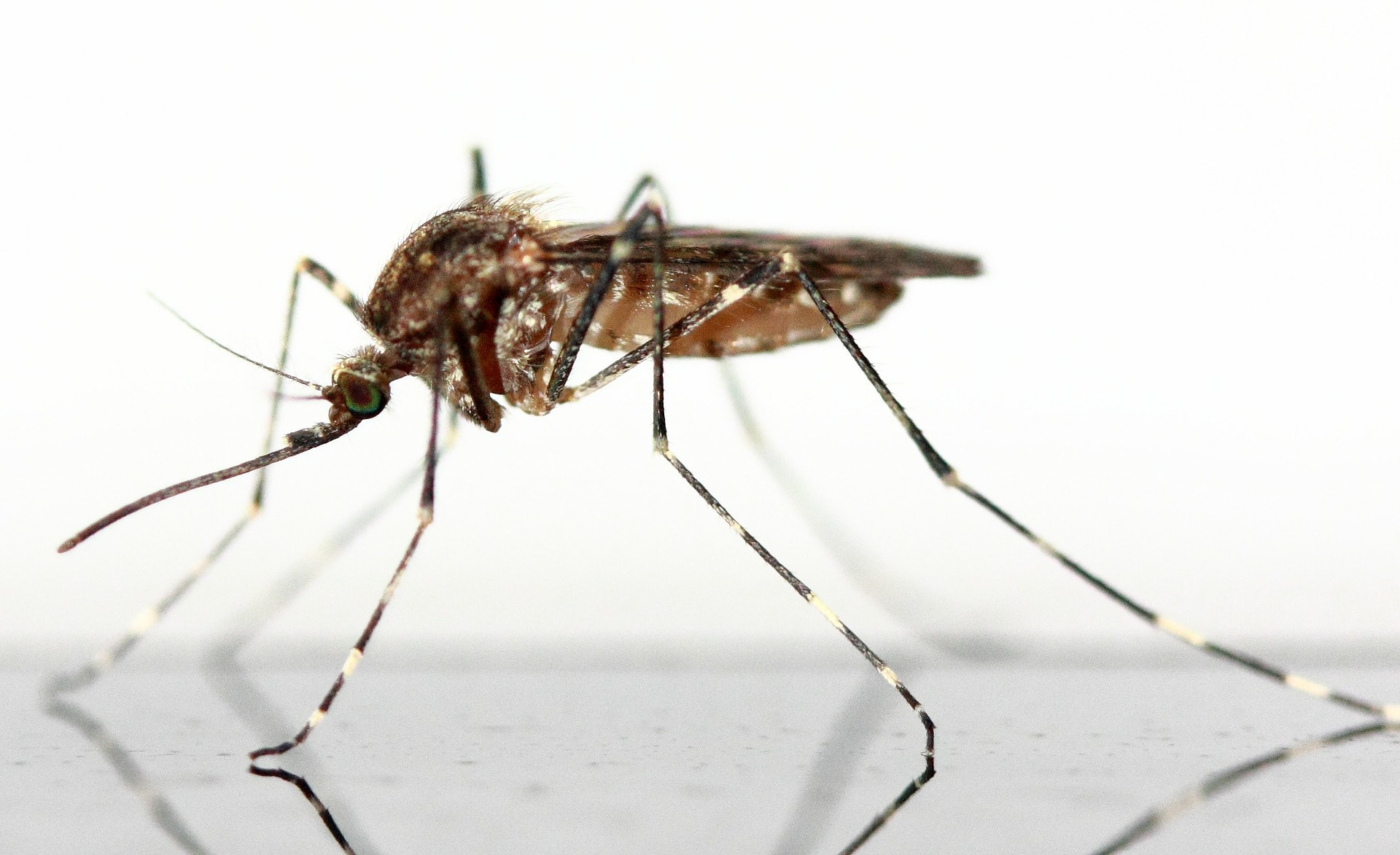
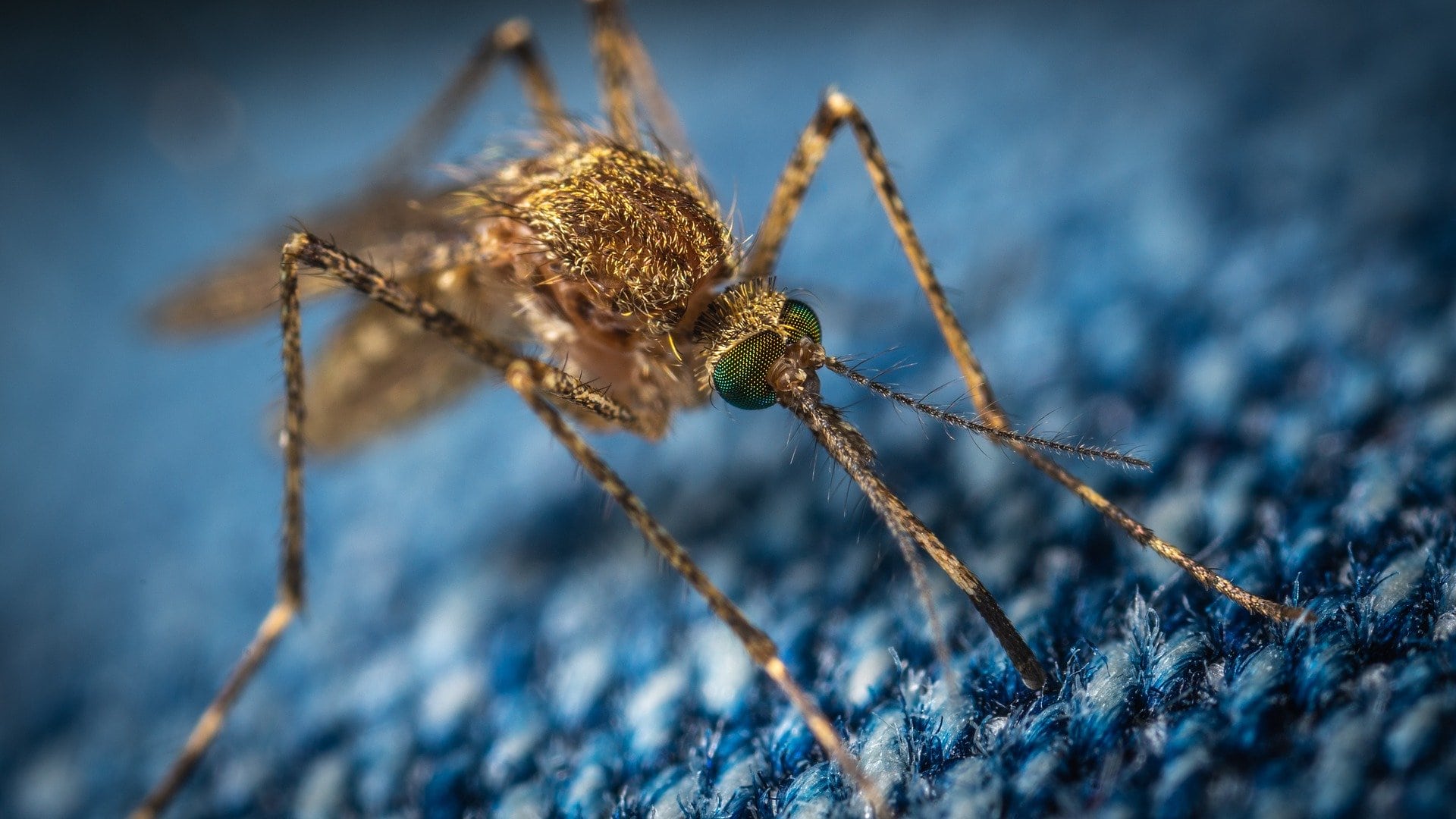
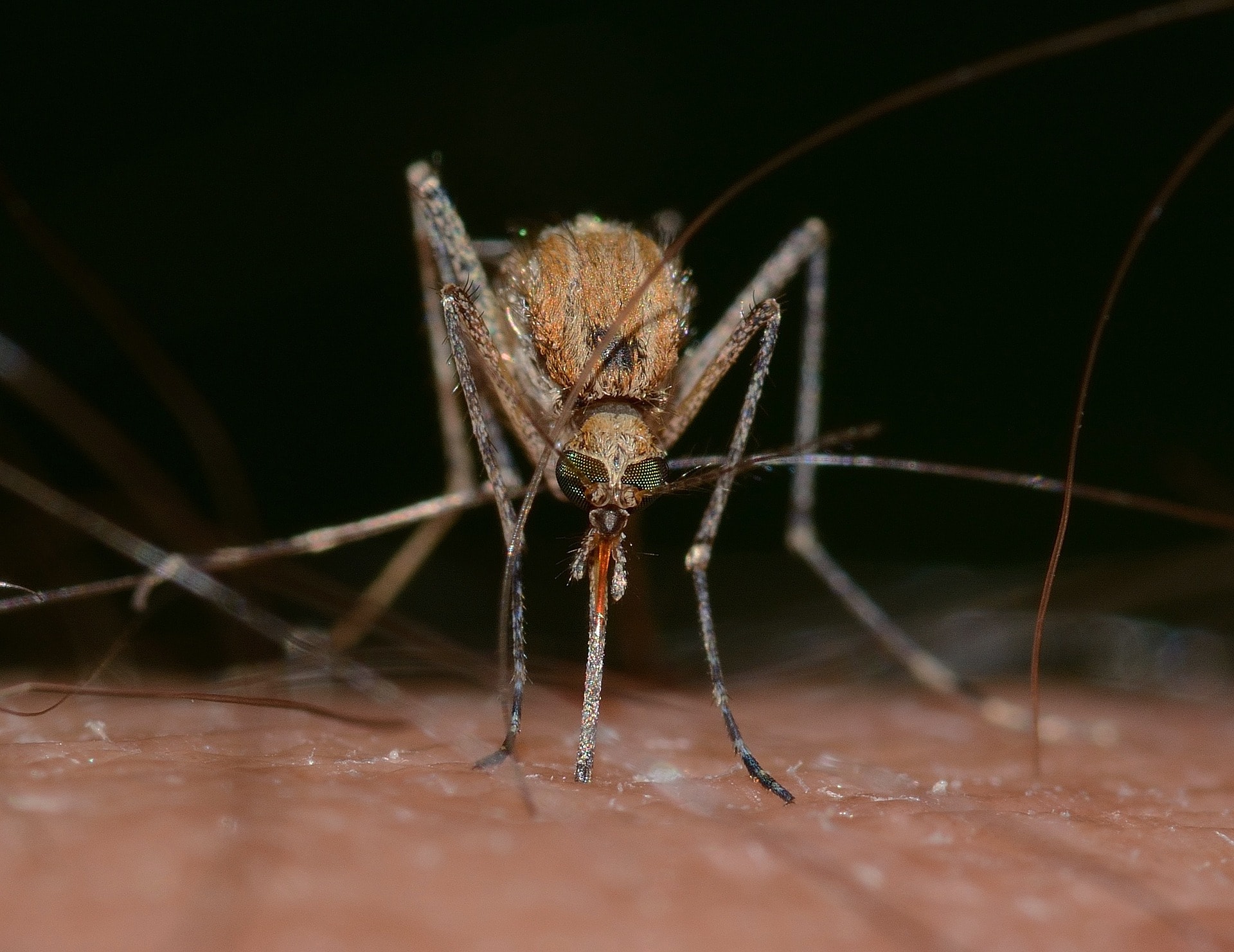
Ticks
Anaplasmosis
Anaplasmosis is a disease caused by the bacterium which are spread to people by tick bites primarily from the blacklegged tick (Ixodes scapularis) and the western blacklegged tick (Ixodes pacificus).
Symptoms include:
- fever,
- headache,
- chills, and
- muscle aches.
Babesiosis
Babesiosis is caused by microscopic parasites that infect red blood cells and are spread by certain ticks. In the United States, tickborne transmission is most common in particular regions and seasons: it mainly occurs in parts of the Northeast and upper Midwest and usually peaks during the warm months. Although many people who are infected with Babesia do not have symptoms, for those who do effective treatment is available. Babesiosis is preventable, if simple steps are taken to reduce exposure to ticks.
Ehrlichiosis
Ehrlichiosis is most frequently reported in the southeastern and south-central United States. However, it has also been reported in the northeast. The lone star tick is a vector for ehrlichiosis and the adult female is distinguished by a white dot or “lone star” on her back. This tick also carries several pathogens including tularemia and southern tick-associated rash illness (STARI).
Symptoms include:
- Fever, chills
- Gastrointestinal symptoms
- Headache
- Altered Mental Status
- Malaise
- Rash (more common in children)
- Muscle Pain
Allergic reactions associated with the consumption of red (mammalian) meat have been reported among persons bitten by lone star ticks.
Lyme Disease
Lyme disease is the most common vector-borne disease in the United States. Lyme disease is caused by the bacterium Borrelia burgdorferi and rarely, Borrelia mayonii. It is transmitted to humans through the bite of infected blacklegged ticks. Typical symptoms include:
- fever,
- headache,
- fatigue, and
- characteristic skin rash called erythema migrans.
If left untreated, infection can spread to joints, the heart, and the nervous system. Lyme disease is diagnosed based on symptoms, physical findings (e.g., rash), and the possibility of exposure to infected ticks. Laboratory testing is helpful if used correctly and performed with validated methods. Most cases of Lyme disease can be treated successfully with a few weeks of antibiotics. Steps to prevent Lyme disease include using insect repellent, removing ticks promptly, applying pesticides, and reducing tick habitat. The ticks that transmit Lyme disease can occasionally transmit other tickborne diseases as well.
For more information on Lyme disease, click on the links below:
A local source of information can be found at the link that follows. This link provides information on activities in and round Windsor provided by Voice Against Lyme Disease.
A quick print out to guide you if you have a tick bite.
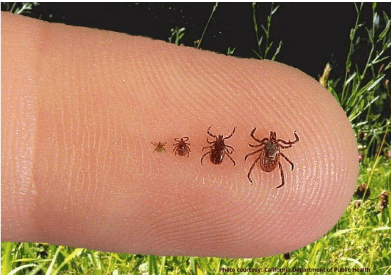
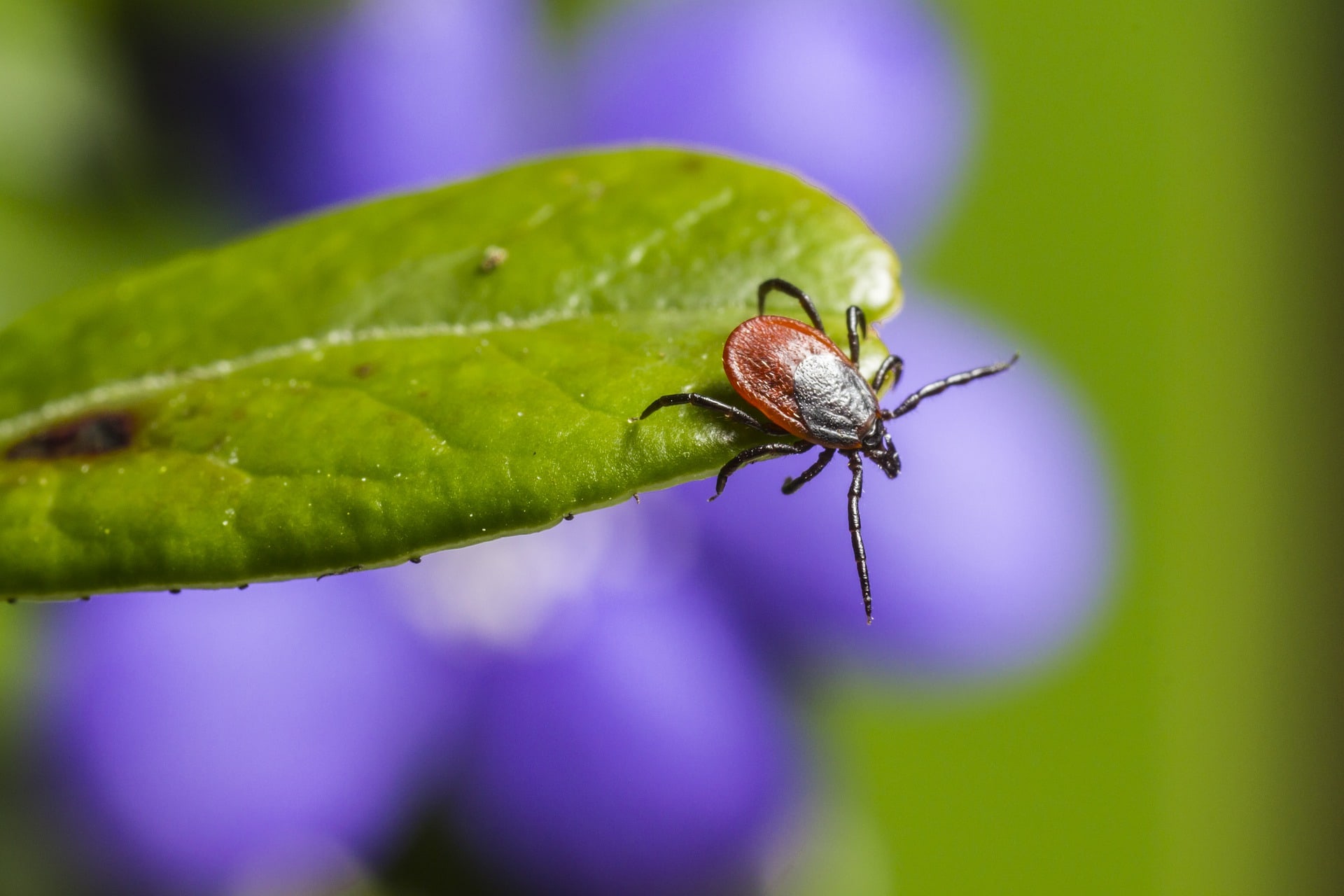
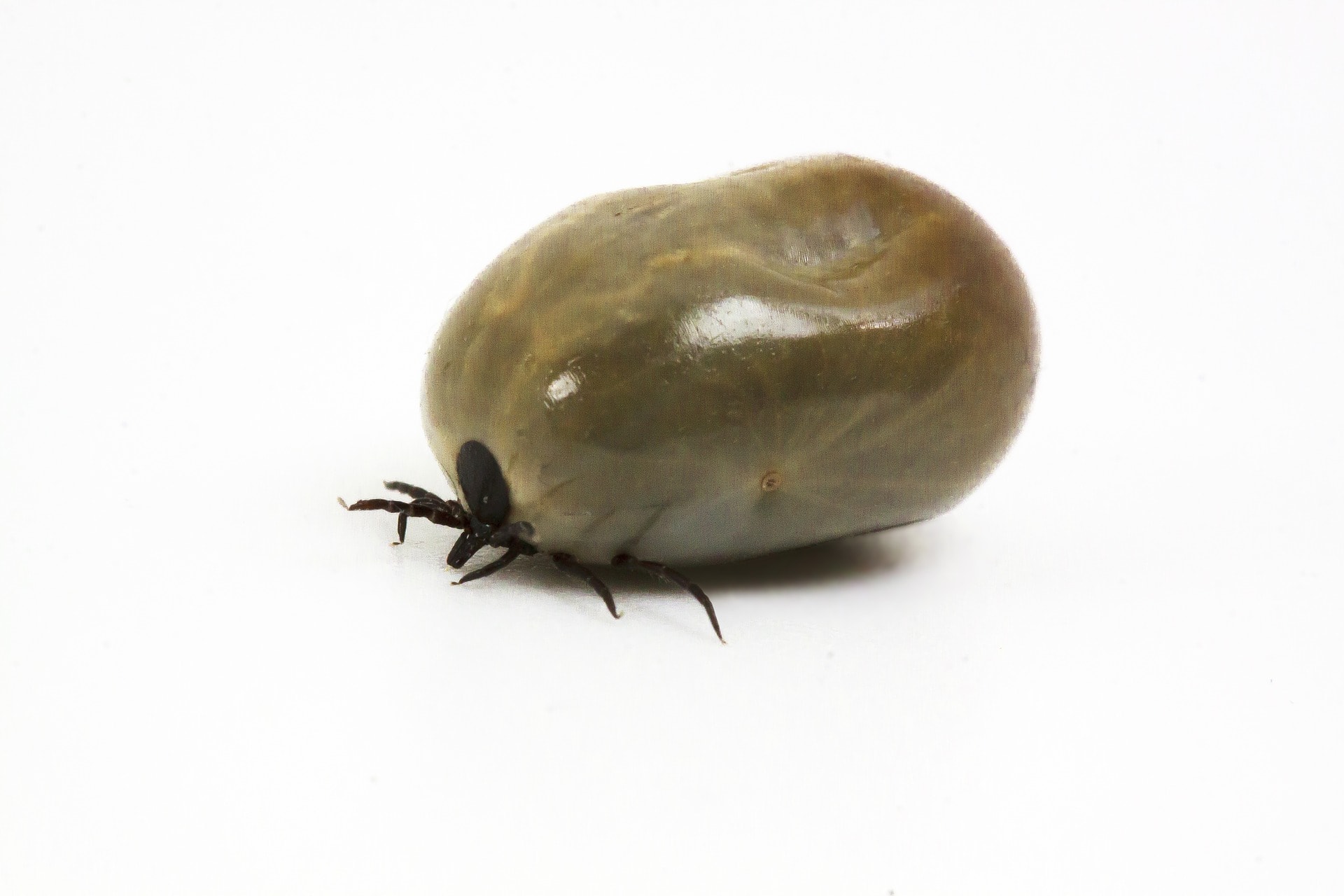
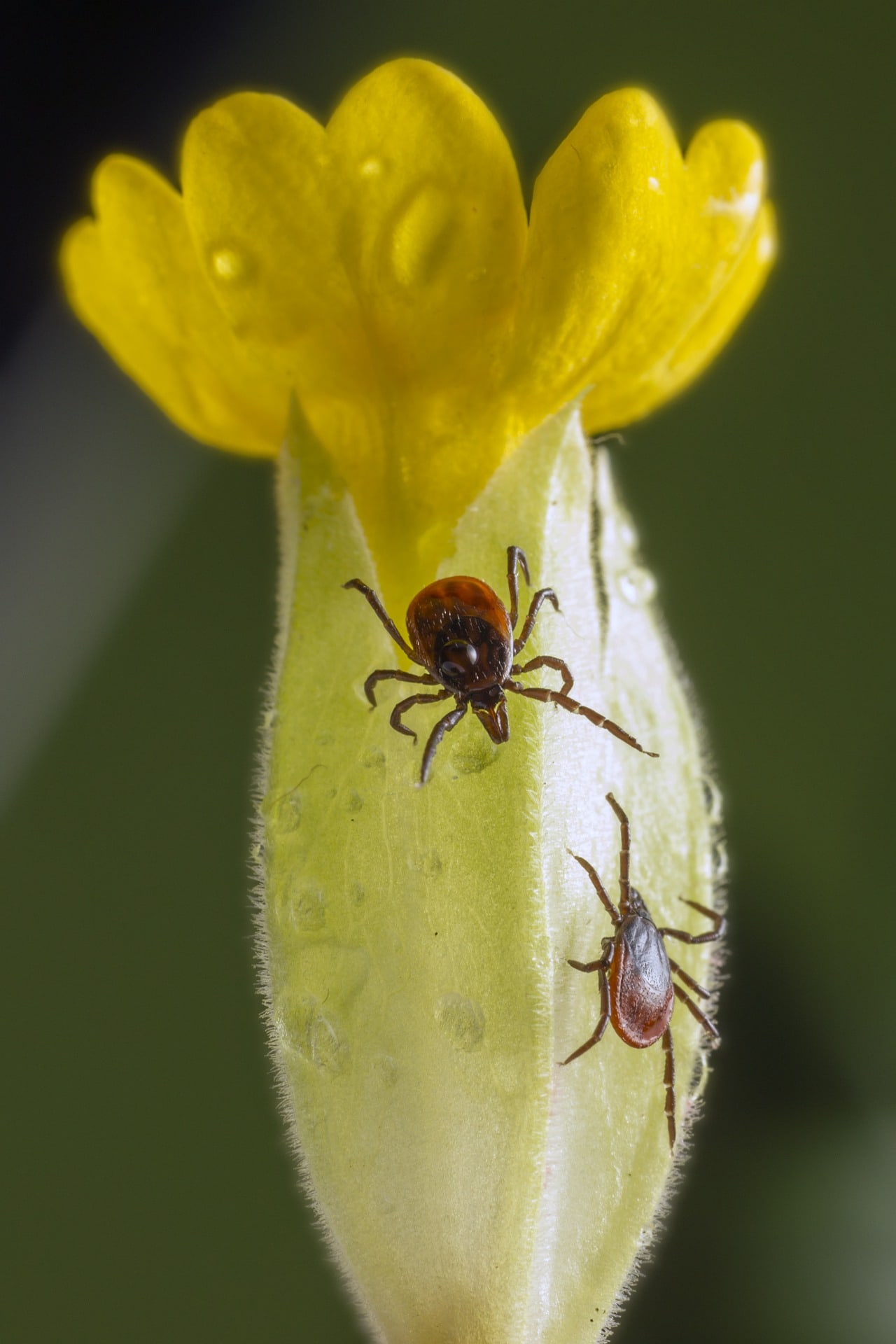
Ticks – Connecticut Agricultural Experiment Station
Residents may submit ticks to their municipal health department/districts who will then send tick(s) to the Connecticut Agricultural Experiment Station (CAES) New Haven, CT. All ticks are accepted, for identification, but only deer ticks are tested for the causative agents of Lyme disease, anaplasmosis and babesiosis.
Please call the Windsor Health Department at 860-285-1823 if you have a tick that needs to be identified and/or tested.
For more information about the CAES Program, click on the link below.
Prevent and Protect
- Protect yourself:
Choose proper clothing and cover your skin especially if you are going to be in the woods or outdoors for a long period of time. That means long sleeves, long pants and closed shoes with socks. You can even tuck your pants into your socks for added protection. You can also buy clothes that has been pre-treated with an insecticide called permethrin, or you can treat the clothes yourself. - Use an EPA – approved insect repellent whenever you are outside.
Make sure your kids are covered, too, with a few caveats: babies younger than 2 months shouldn’t wear any insect repellent, and children under 3 years old shouldn’t use products containing oil of lemon eucalyptus (OLE) or para-menthane-diol (PMD). Read labels carefully to make sure your repellent is effective against both mosquitoes and ticks. - Avoid tall grassy fields, where ticks live.
Ticks live on grasses, and when a human goes by, they leave the grass and attach themselves to the human. - After you come inside, check for ticks on yourself, your kids and your pets.
Do a full body check and check hidden spots: behind the knees, the waist area, and the bellybutton. Remember to check you scalp as ticks can hide there as well. The CDC has instructions on how to safely remove a tick. Make sure to give your pets their flea and tick medicine as recommended. - Use barriers to prevent vectors or bugs from entering houses or if traveling use recommended bed nets.
Check your screens on windows and doors for small holes that bugs could enter through, and don’t leave doors and windows open without a screen. Dump out standing water that may collect in your yard in planters, toys, birdbaths or trash containers—that’s where mosquitoes lay eggs. If you have air-conditioning, use it. - Check for travel vaccination/medications to help reduce risk of transmission before travel.
Windsor – The Town of Windsor has an active mosquito management program that treats various town owned properties throughout the town. The mosquito management program takes place from April and will continue throughout the summer and early fall. All treated properties are on a regular schedule for treatment as well as surveyed regularly to adjust the frequency of the treatment.
Mosquito dunks – Windsor Health Department
The Windsor Health Department has Mosquito Dunks available to Windsor residents. The provide biological mosquito control and can be used wherever water accumulates near the household– flower pots, tree holes, bird baths, roof gutters, rain barrels, old tires, unused swimming pools or animal watering troughs.
Please call the Windsor Health Department at 860-285-1823 if interested in obtaining a package of 6 dunks.
Click on the link below for information on preventing and protecting yourself and family from tick and mosquito bites.
When to see a doctor
Seek prompt medical care in the following situations:
- The person who was bitten is having difficulty breathing.
- The bite appears infected.
- Multiple bites or stings in a short period of time
- Rapidly spreading redness.
- Redness exceeds a radius of one inch.
- Continuous severe pain is experienced.
- Fever or flu-like symptoms coupled with infected-looking bites occurs.
Call your primary care provider (PCP) if you have questions about a spider, mosquito or tick bite. There are similarities among these diseases and their symptoms, so keep notes about your symptoms and discuss as
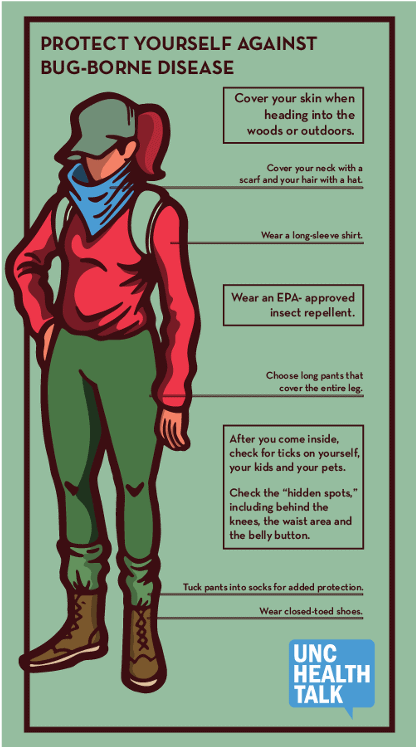
Sources:
https://www.mayoclinic.org/diseases-conditions/spider-bites/symptoms-causes/syc-20352371
https://www.cdc.gov/ticks/tickbornediseases/index.html
https://healthtalk.unchealthcare.org/protect-yourself-against-bug-borne-diseases/
https://portal.ct.gov/DPH/Epidemiology-and-Emerging-Infections/Mosquito-borne-Diseases
